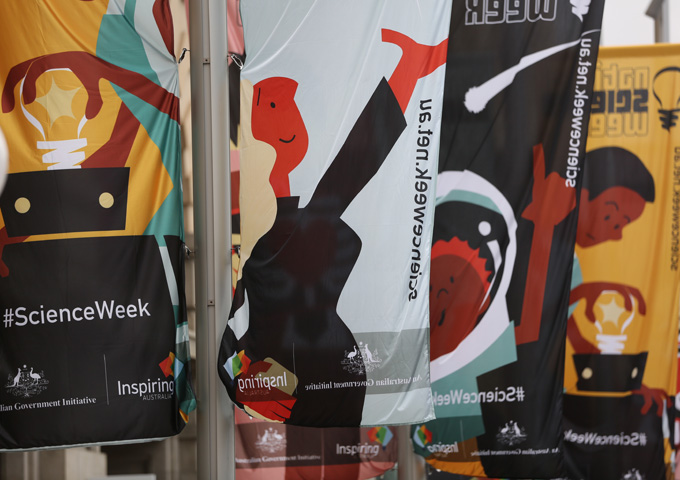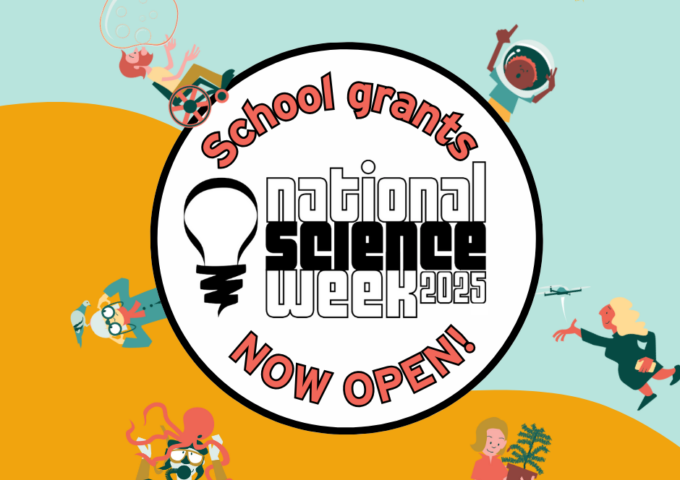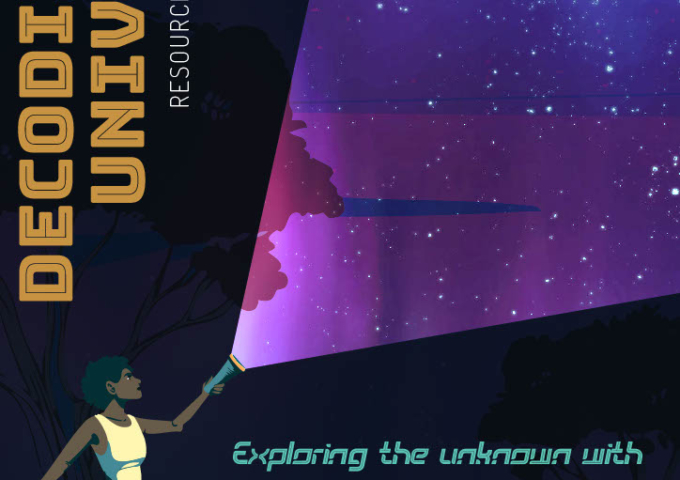
Today’s poem is from Holding Patterns: physics & engineering poems, published by The Poets Union for National Science Week 2010.
Margaret Bradstock
Eclipse
If the eclipse is a total one, the Moon will pass through
the umbra, or darkest part of the shadow, in about two hours.
The rim of the known moon
grew thinner and thinner, pared to rind,
as the black shadow passed across.
Tonight we watched from the steps before Club races began.
Orange lights near Ryde swimming pool
flared diffusely, substitute orbs
in an alien galaxy;
warning flashes on homing planes,
bright points of stars
bored into the hemisphere of dark,
but no familiar moon.
Tonight you told me
your friend’s not your friend any more.
I could see it too,
the coolness, the sudden evasions,
her orbit changing.
During the eclipse the surface of the Moon cools at a rate
dependent on the constitution of the lunar soil, which is not
everywhere the same.
No man condemned to the moon
for gathering sticks on the Sabbath,
no thornbush or lantern here,
just the sudden disenchantment
of our projection of earth.
At night you’ll always find me awake
at the blue, blue hour
desolate as mirage, or the penumbra
of the shadow.
Tell me about it, Jesse.






